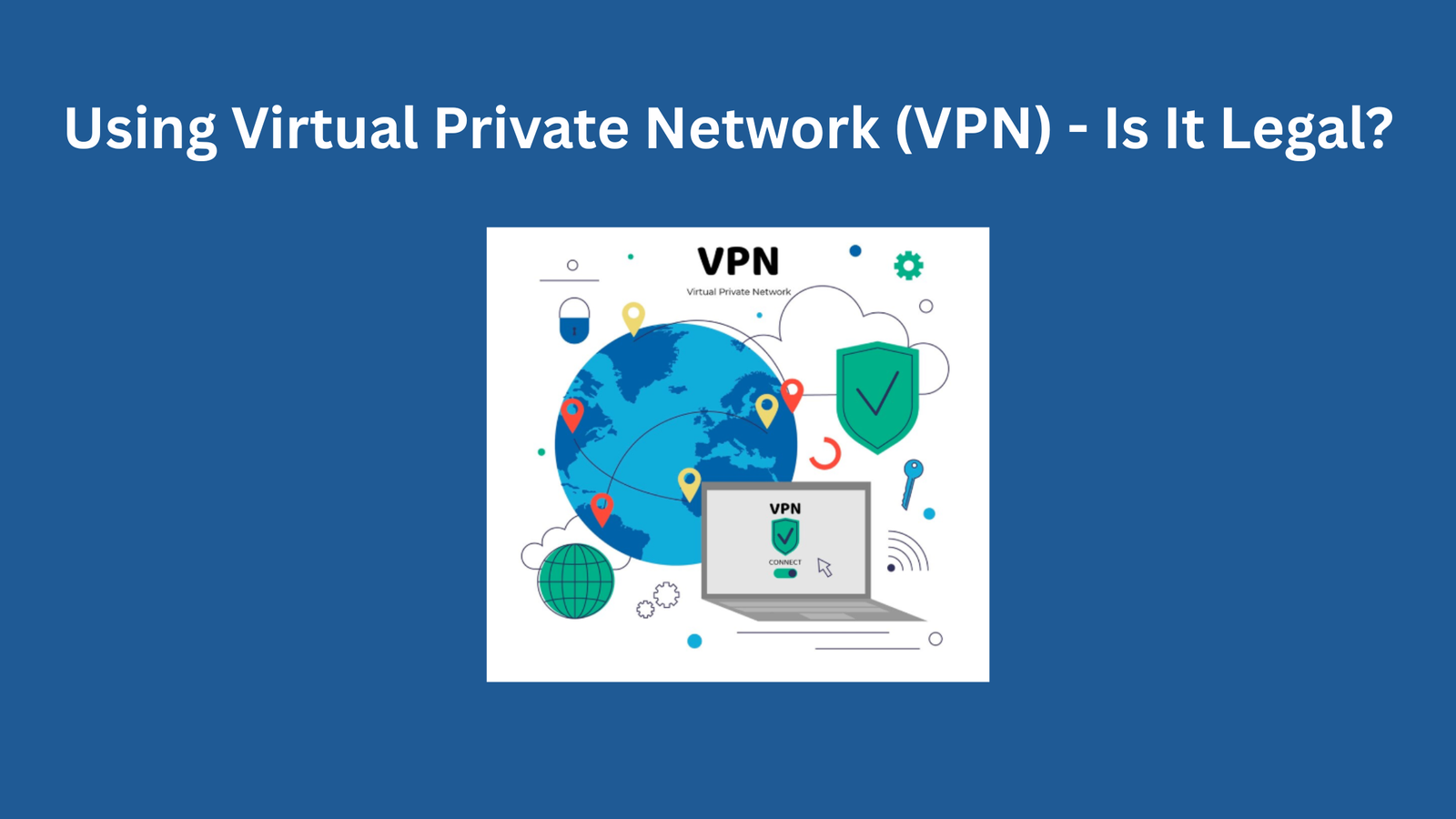VPNs’ growing popularity among internet users concerned about their privacy is owing to their ability to hide your connection, encrypt your data, and circumvent geographical restrictions set by several companies.
Given their utility in safeguarding personal privacy, regulatory organizations trying for complete transparency and total control over online traffic frequently find themselves at the front of legal disputes.
While using a VPN is often allowed, under certain situations, this technology might theoretically cause problems. The rules and laws governing VPNs are addressed in the following few paragraphs so you may have a better grasp of the legal consequences of employing this sort of data protection service. In this blog today, we will find out more about VPN and answer the question, is using VPN legal.
Is VPN allowed at places?
Though promoted as a means to protect your online privacy, avoid internet tracking, and get access to regionally limited information, utilizing a VPN is quite legal in most countries.
Many companies employ VPN technology to enable staff members working remotely to access company resources and networks. Other activities include buying or selling prohibited goods or services on dark web marketplaces and obtaining forbidden content (in violation of firewalls).
What Countries Prohibit the Use of VPN?
Now that we know are VPNs legal, we will find which countries prohibit the use of VPNs. VPN use is not generally accepted, as was noted, and some nations have banned it while others have only implemented stringent restrictions.
China: VPN is allowed under rigorous rules. If it were easy to circumvent China’s Great Firewall, which is used to control and censor content inside the country, it would be ineffective. Only government-approved VPNs are allowed in this country.
Egypt: VPN can be used by people of Egypt, but only regulated use is allowed. Although VPNs are legal in this country, the government has applied limits on their use to reduce access to prohibited material and applications.
Iraq: The government uses several means of internet censorship to limit citizens’ access to particular types of content. People are not allowed to use the VPN in the country.
North Korea: Though people are allowed to use Kwangmyong, an intranet, most of the people of this country are without internet access. You could have legal repercussions and maybe prison time even if you simply attempt to use a VPN here.
Russia: Russia has completely outlawed VPNs since 2017.
Turkey: Even though the use of VPN is not considered illegal in Turkey, a number of VPN companies are forbidden for use in the country.
Most VPN legal, but you should verify your local laws and ordinances to be sure, particularly if you’re considering buying a premium plan. Typically speaking, whether a VPN is lawful depends more on what you are using it for than on the mere fact that you are employing it.
We hope this blog was helpful for you in finding out informative details about VPN and its legality. You can find out more laws and restrictions concerning VPN by checking out the site VPNeer.
